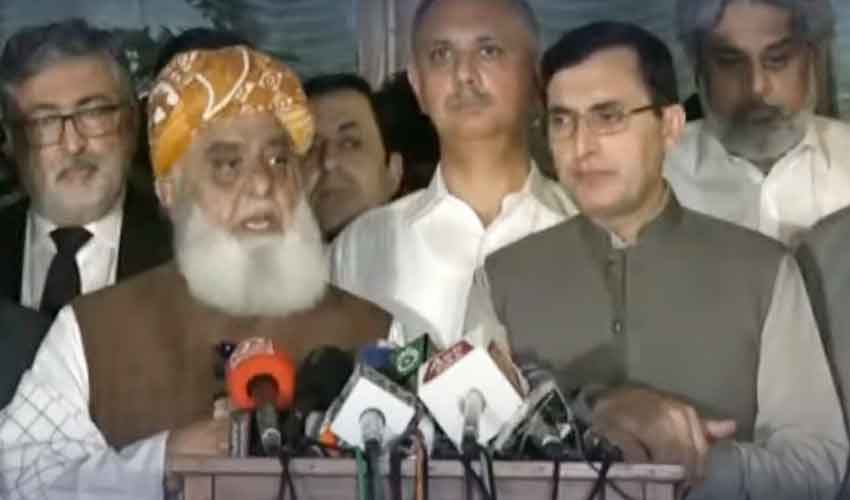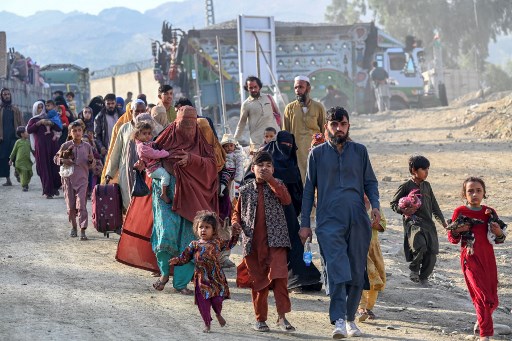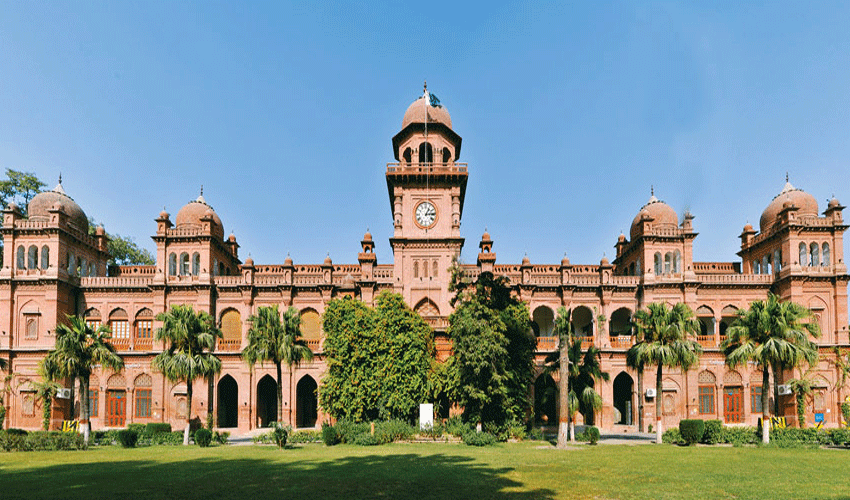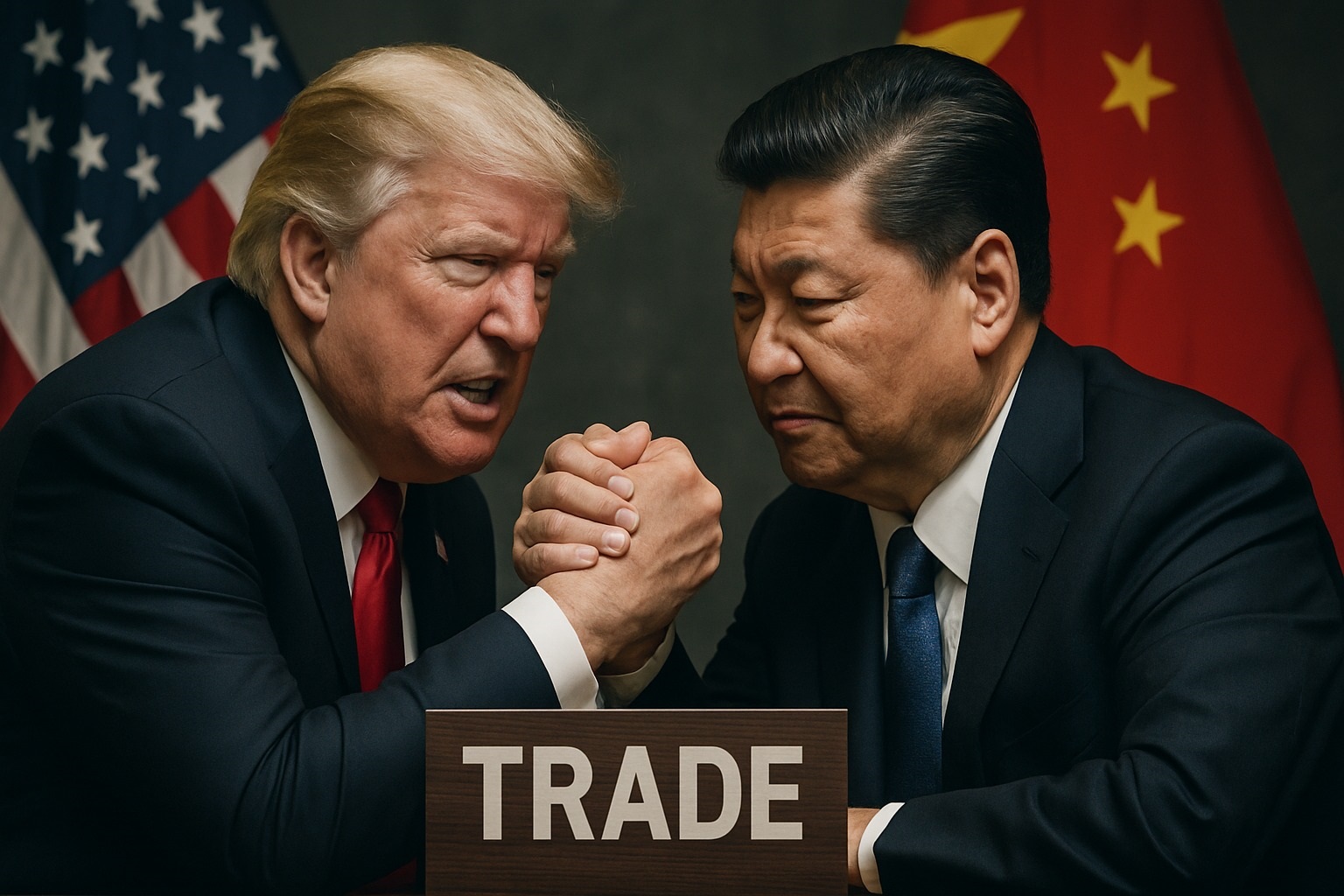A high-level meeting between leaders of the Pakistan Tehreek-e-Insaf (PTI) and Jamiat Ulema-e-Islam-Fazl (JUI-F) concluded on a positive note, with both parties agreeing on several key points of a proposed constitutional amendment,
JUI-F head Maulana Fazlur Rahman took the PTI leaders into confidence on a joint draft for the proposed constitutional amendments. According to sources, the PTI agreed on several key points of the government's joint draft, while further discussions on the remaining points are expected in the next round of talks scheduled for today.
The PTI delegation, which included Omar Ayub, Asad Qaisar, Salman Akram Raja, Barrister Gohar Ali Khan, Hamid Raza, and Senator Hamid Khan visited the residence of Maulana Fazlur Rehman for the meeting.
After the meeting, Maulana Fazlur Rehman expressed serious reservations about the government's behaviour during the negotiation process. He criticized the government for its alleged harassment of JUI members, including kidnappings and attempts to bribe key figures.
The JUI chief warned that if such tactics continue, he may halt the negotiation process entirely. "If we are bullied, we will adopt the same attitude," Maulana Fazlur Rehman said, indicating that his party might be forced to take a tough stance if the government's actions do not change.
Similarly, PTI leaders raised concerns about the harassment of their own members. PTI Chairman Barrister Gohar said, "If the government's attitude remains the same, we will not participate in the process of constitutional amendment."
He also confirmed that many points had been agreed upon with Maulana Fazlur Rehman and that further discussions will take place in the next meeting.
Meanwhile, the draft of the 26th constitutional amendments proposed by the government allows dual citizens to contest the elections. The draft obtained by Samaa TV comprises 24 key points and suggests major reforms to the judiciary and the electoral framework in the country.
The highlights of the amendment include the establishment of a "constitutional division" within the Supreme Court, which will oversee constitutional appeals and the hearing of cases. A three-member bench, constituted by the three senior-most judges of this division, will handle cases previously under the original jurisdiction of the Supreme Court.
Also Read: Govt's proposed constitutional amendment draft allows dual citizens to contest elections
The proposed changes emphasize equitable representation of judges from all provinces, aiming for a balanced judicial structure. No Supreme Court judge will have the authority to hear suo motu cases, constitutional appeals, or presidential references independently.
The draft introduced Article 191A, declaring a healthy and sustainable environment a fundamental right. Additionally, amendments to existing articles aim to restrict judicial review of summaries submitted by the prime minister or cabinet and allow dual citizens to contest elections, provided they renounce foreign citizenship within 90 days of being elected.
The reforms had also proposed alterations to the composition and functioning of the judicial commission and the Supreme Judicial Council.
Meanwhile, the measures to ensure accountability, including performance reviews of judges, are part of the comprehensive overhaul. As these proposed changes circulate, they have ignited discussions regarding the future of judicial and electoral integrity in Pakistan.



























